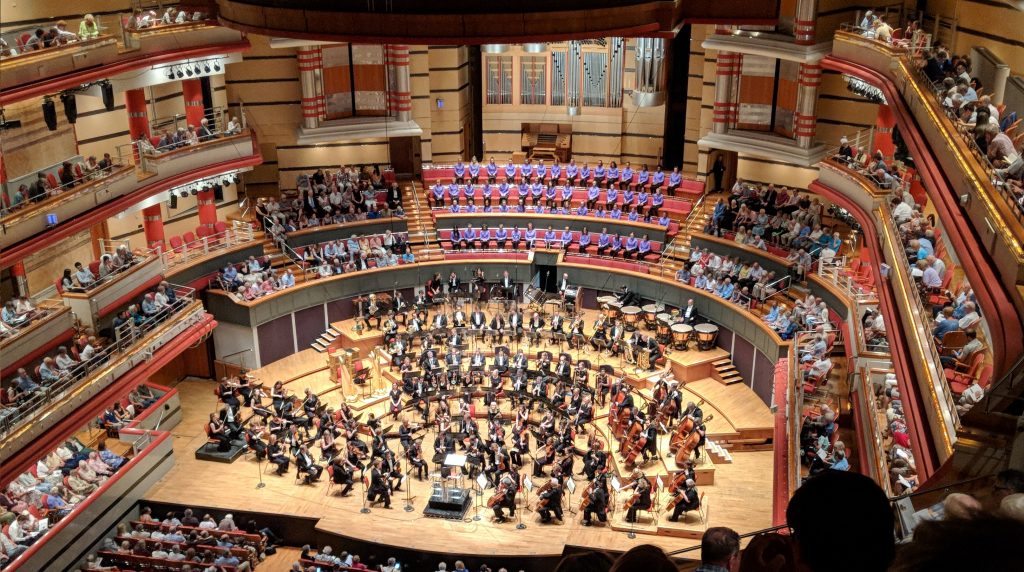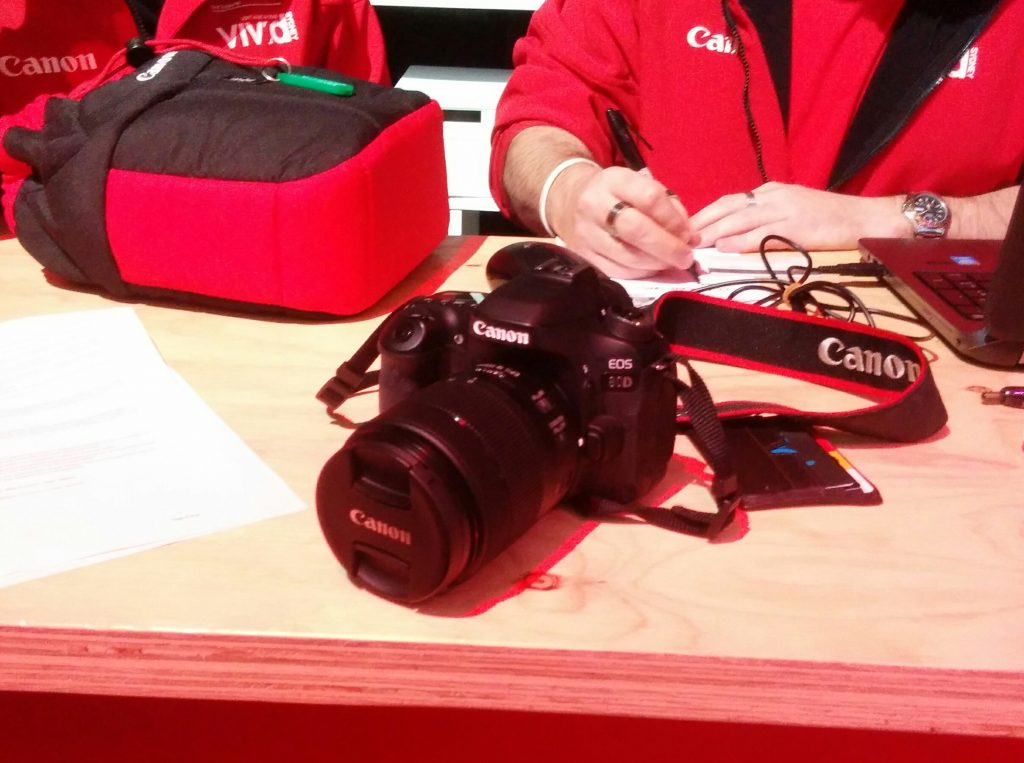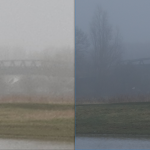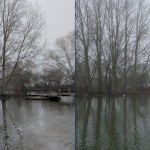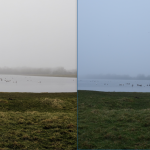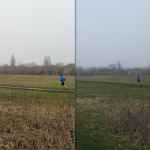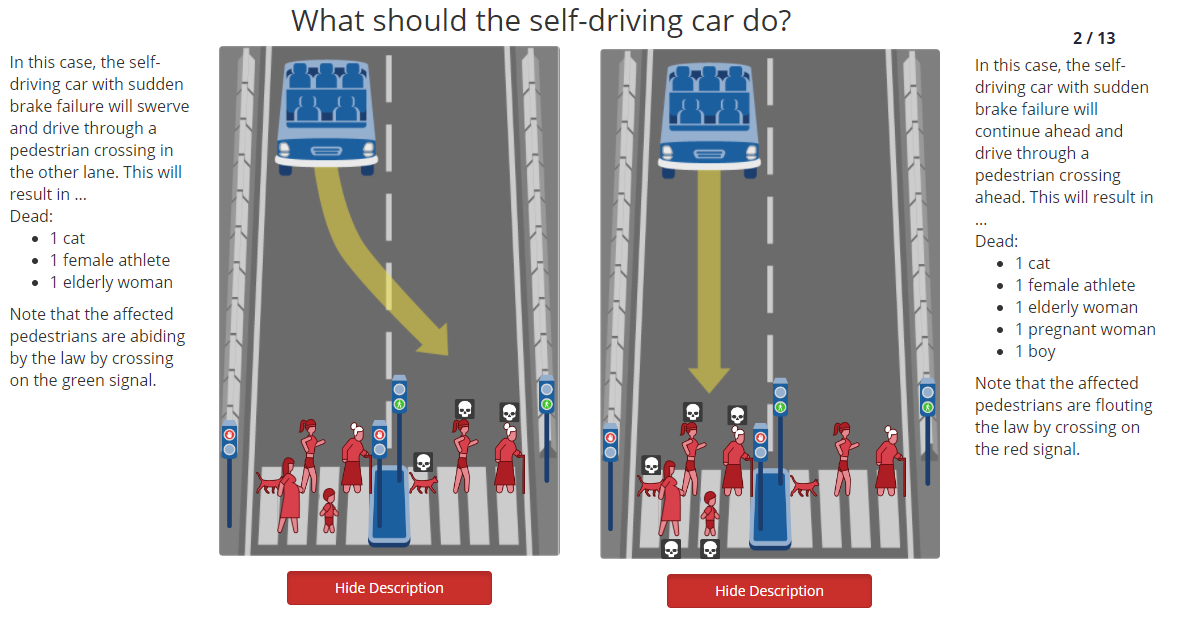This week I have been thinking a lot about time. In planning life, time and money are the two resources that are most familiar and quantifiable. For a desired activity, the decision to pursue it requires that I can I afford its cost in time and money. I specify “quantifiable” since there are other costs to an activity: focus, energy, health, good-will. Time and money are unique in that they have clear units, and time particularly unique in that everyone gets the same amount allocated to them (life expectancy aside).
So broadly, the two sides of the time question are 1. (macro) How do I best allocate my time? and 2. (micro) How do I use that time most effectively within those tasks.
Part 1 (macro): How do I allocate my time?
As a starting point consider how most people spend their time. This New York Times infographic gives some insight.
How much can you get done in a day?
First lets deal with quantity, rather than quality. The obvious upper bound is 24 hours per day, but that is just as obviously unsustainable.
I share a fond memory with a close friend of laughing uncontrollably as we assigned time estimates for our commitments into a spreadsheet, and observed the total hours per day grow more and more absurdly beyond 24 (the punchline was the necessity of accounting for spreadsheeting within the spreadsheet) (
more spreadsheet jokes here).
Sleep is one limitation: the record for going without any sleep at all is
11 days and resulted in memory lapses, paranoia, and eventually “He could no longer distinguish the difference between reality and nightmare”.
A man in Hunan China died after watching an 11 day soccer marathon, and
Moritz Erhardt’s death on the “magic roundabout” of investment banking internships prompted Goldman Sachs to
restrict intern workday hours to a mere 17.
This study in the aptly named journal “
Pain” observed 40 people who were assigned to sleep for either 4 hours or 8 hours over a 16 day period. Figure 3. in that study summarises the results nicely: those on less sleep became less sociable, more tired, more aggressive, and experienced more physical pain.
Personal experiences: I tried the consecutive all nighter approach as a procrastinator in high-school, and though I enjoyed the extra hours, the costs of diminished mental performance, forgetfulness and increased susceptibility to physical illnesses were not worth it. Interestingly, I did experience the “hallucinations” as slipping in and out of dreams while awake, and particularly a sense of not remembering how I had gotten where I was or why I was there.
Eating (and drinking) is more life-critical than sleeping, but (usually) takes up much less time. Eating also makes us sleepy, not because of a change in blood flow but possibly because of glucose inhibition of orexin neurons. Importantly, like sleep, shaving time here is unwise: eating too quickly is associated with obesity but also eating too quickly, even not to being full, is harmful. I tend to eat too quickly, but that aside there is also shopping, preparing, cooking, and cleaning to account for around eating.
Commuting is another issue. Recently I’ve been weighing cycling, busses, and buying a motorcycle or car. Driving (an extremely popular option) seems to be a clear loser: it’s the most expensive, most affected by traffic, and has poor opportunities to multi-tasking (cycling is exercise). A motorcycle would be the fastest by far, but comes with safety risks. Cycling is the cheapest and creates an opportunity to get daily exercise, but isn’t particularly safe or weather proof. Busses are the slowest, but are the safest and have the best capacity to indulge in entertainment, study, or keeping in touch with friends.
Personal Care is the final “necessity”, taking showers, doing laundry, brushing and flossing teeth, excreting waste, and nursing inevitable injuries takes a few minutes per day. Interestingly the American Time Use Survey results also includes in the “Personal Care” category “an average of 54 seconds spent on ‘personal or private activities,’ like having sex”, or a little under 5 and a half hours a year. Hopefully that is under-reporting due to social stimga.
I’ve found that on a week day, taking (roughly) 8 hours to sleep, 2 hours to commute, 2 hours to acquire, prepare, and eat food, and 1 hour to clean my space and myself, leaves 11 hours to get work done, which is approximately how my days play out. This leads to the observation that gives this post its title: although moving from an 8 hour day to an 11 hour day is only a 3 hour increase, or 12.5% of a working day, taking sleep, transport, the assumed 8 hours of work as fixed, it becomes a 50% loss of the remaining 6 hours into which household tasks (like cooking and cleaning) as well as socialising, recreation, reflection, and hobbies also fall. Although we all have 24 hours a day, the “discretionary” hours matter a lot more in budgeting, just as discretionary income gives a better idea if one can afford a luxury.
I really enjoy my job, and want to maximise the time I invest in it to be as successful as possible. To be able to do other things I enjoy, as well as things I need to do to perform like sleep, I need to be careful about budgeting sustainably. Critical to this is making sure that an hour at work is productive, and not performative, which leads nicely onto Part 2.
(I have a suspicion that in places like law firms and investment banks where it can be difficult to assess output, a driver behind the 24 hour internships (where performance must diminish with sleep deprivation) is that “hours in the office” is an easy quantifiable metric to compete on and thus signal dedication to the company.)
Part 2 (micro): How do I make my time more efficient and productive?
Specifically, how to be more efficient, more productive, and make better use of the limited resource that is time. It is critical that we prioritise efficiency over expenditure. It would be pointless to work 20 hour days and get nothing done.
This weekend I worked through an online course on increasing productivity. Video can be more effective than text at presenting information (everyframeapainting is a great example) but often, as was the case in this course, it is not. Even played at double speed, a couple minute “lecture” on the time you’d save by playing video lectures at double speed is inefficient vs losing the video format all together. It did however include a number of tips that, though well known, are potentially very useful.
- “Measure twice, cut once” (effective) preparation saves time
- Create useful objectives, e.g. by using SMART criteria
- For a complex task, consider the inter-dependencies of the components
- Work tends to expand to fill the time allocated
- 80/20: Much of the benefit can come from little of the work
- Multitasking that switches “brain states” costs focus which costs time (if a facebook popup or an email grabs you for only a few seconds, it can take much longer to get back into the focused state you were in)
- Hence it is more efficient to batch similar tasks together (go to the bathroom and pick up the printing at the same time)
- Use good multi-tasking (make phone calls on your commute, socialise while exercising)
- Plan for breaks (part of setting realistic goals)
- Seek Flow
- Automate repetitive tasks (e.g. use hotkeys and scripts)
- Outsource things that you’re not efficient at
- Communicate honestly and specifically
- And, I would add to the course, ask for help before you need help.
The other parts
All of that doesn’t consider motivation, drive, and energy. We all have guilty pleasures, but slipping into a Youtube/Netflix binge or being sucked into a social media feed can consume a big chunk of precious time (50 minutes per day, according to facebook). Every minute does count, but making it feel that way is much harder than counting where they go.
Writing from the Radcliffe Camera













